Global new-vehicle sales are on track to reach the 100-million mark in the next couple of years, with the Chinese market responsible for more than a quarter of that number.
While conclusive sales data for 2017 is unavailable, the global tally is understood to be more than 90 million for the first time ever, thanks to steady growth in emerging markets and a bounce-back effort in Europe.
Specifically, around 80 million of these sales were light vehicles – including passenger cars, SUVs and light-commercial vehicles – while the remainder were trucks.
The four top-selling automotive companies – Volkswagen Group, the Renault-Nissan-Mitsubishi Alliance, Toyota Motor Corporation and General Motors – accounted for more than 40 per cent of global sales last year.
Each one of these carmakers, expect GM, recorded sales exceeding 10 million units in 2017.
Although GM has not yet fully reported its global sales last year, it is unlikely to be part of the 10-million group as it was in 2016.
The American manufacturer and previous sales leader was impacted by the loss of Opel and Vauxhall volume for several months last year following the August transaction of its European operations to French conglomerate PSA Group.
The US market dropped around 1.8 per cent , from 17.6 million vehicles in 2016 to 17.2 million last year.
GM was also affected by its 2017 performance in the United States where sales dropped 1.3 per cent, to 3.0 million units.
Nevertheless, soaring sales of GM products in China – up 4.4 per cent to a record 4.04 million units – may push the company close to 10 million vehicles globally.
China repeated as the largest market last year, amassing 28.87 million sales – an increase of 3.0 per cent.
Despite the impressive up-tick, this improvement was slower than previous years, but the Chinese automotive industry authority has forecast that the market growth will continue at the existing level, predicting a 3.0 per cent jump once more in 2018.
The US market dropped around 1.8 per cent, from 17.6 million vehicles in 2016 to 17.2 million last year, concluding a stirring positive run following the global financial crisis.
Depending on how you look at the numbers, the 2017 face-off for the global sales crown was won by either Volkswagen Group or the Renault-Nissan-Mitsubishi Alliance.
Volkswagen Group, the 2016 victor, tallied 10.74 million combined sales – up 4.3 per cent despite the ongoing dieselgate saga – from its array of brands that includes Volkswagen, Audi, Porsche, Skoda, Seat and Lamborghini.
However, the Alliance disputed this, saying that Volkswagen Group included heavy vehicles from its Scania and MAN brands in the total, when it allegedly should only count light vehicles – passenger cars, SUVs and light-commercial vehicles.
If the 183,500 Scania/MAN trucks sold last year are deducted from Volkswagen Group's score, it moved 10.53 million vehicles – falling just shy of the Alliance's claimed 10.6 million sales.
The Alliance’s ascension to the first place was mainly due to the extra 1.03 million sales from Mitsubishi that were added to its count in 2017 after purchasing a controlling stake in the Japanese brand the previous year.
This move shoved Japan’s leading carmaker, Toyota Motor Corporation, down to third spot last year, despite its 2.1 per cent improvement in sales, to 10.38 million vehicles.
Nevertheless, the Toyota Motor Corporation total not only extends to Toyota, Lexus and Daihatsu-branded vehicles but also includes 185,000 Hino trucks that, if removed from the tally, reduce its result to 10.2 million units.
PSA Group had the largest positive result – up 15 per cent.
Fourth-placed Hyundai Motor Group – which includes the Hyundai, Genesis and Kia brands – was subject to one of the largest downturns among the big players, decreasing 7.0 per cent to 7.25 million vehicles.
Hyundai-badged vehicles totalled 4.5 million sales, while Kia tallied 2.27 million.
Ford Motor Company’s final sales figure is projected to be around 6.6 million, falling short of its 2016 total. Slowing sales in North America, the Middle East and Asia Pacific were largely counterbalanced by gains in South America and Europe.
While Honda Motor Company enjoyed a stunning 2017 with 5.02 million sales – up 6.0 per cent – Fiat Chrysler Automobiles (FCA) dipped by 1.0 per cent, to 4.42 million sales. A 1.0 per cent hit in global Jeep sales, to 1.38 million, did not help FCA's cause.
PSA Group had the largest positive result – up 15 per cent – mainly thanks to the aforementioned acquisition of Opel and Vauxhall halfway through the year.
Nevertheless, sales of its most prominent brand, Peugeot, grew by 10.4 per cent, more than counteracting Citroen's 7.5 per cent fall in sales.










.jpg)

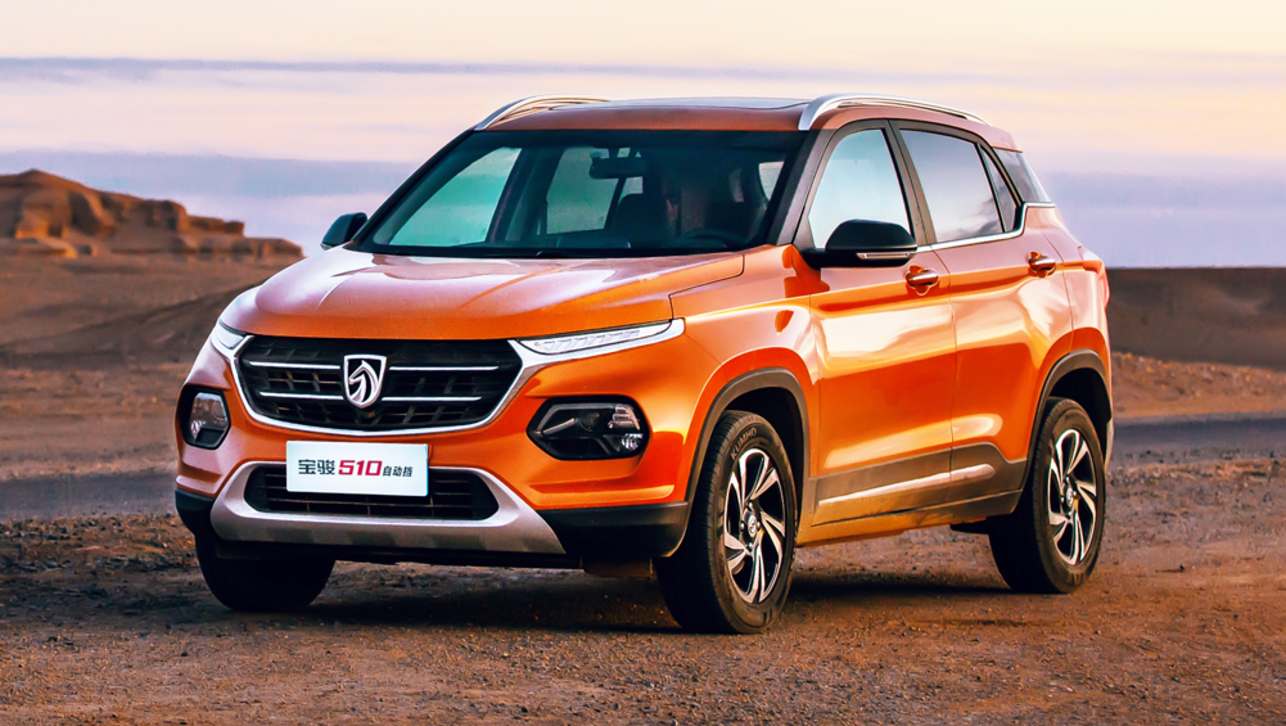
.jpg)
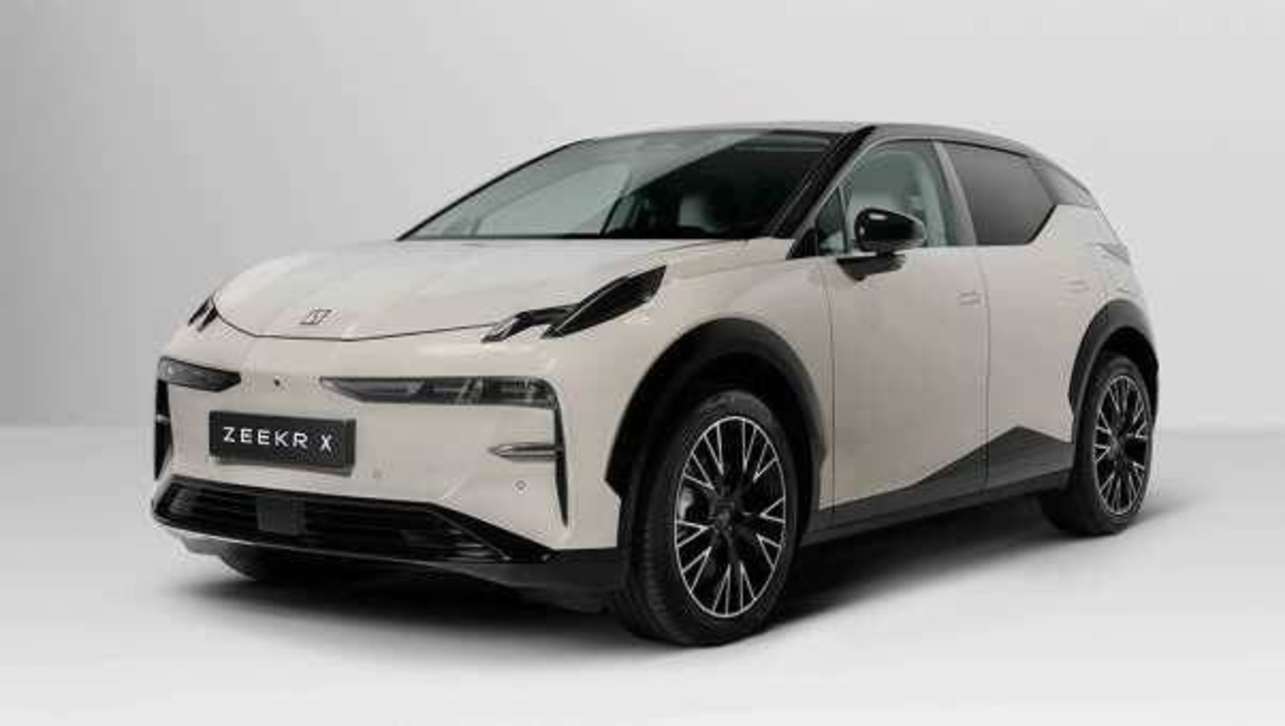
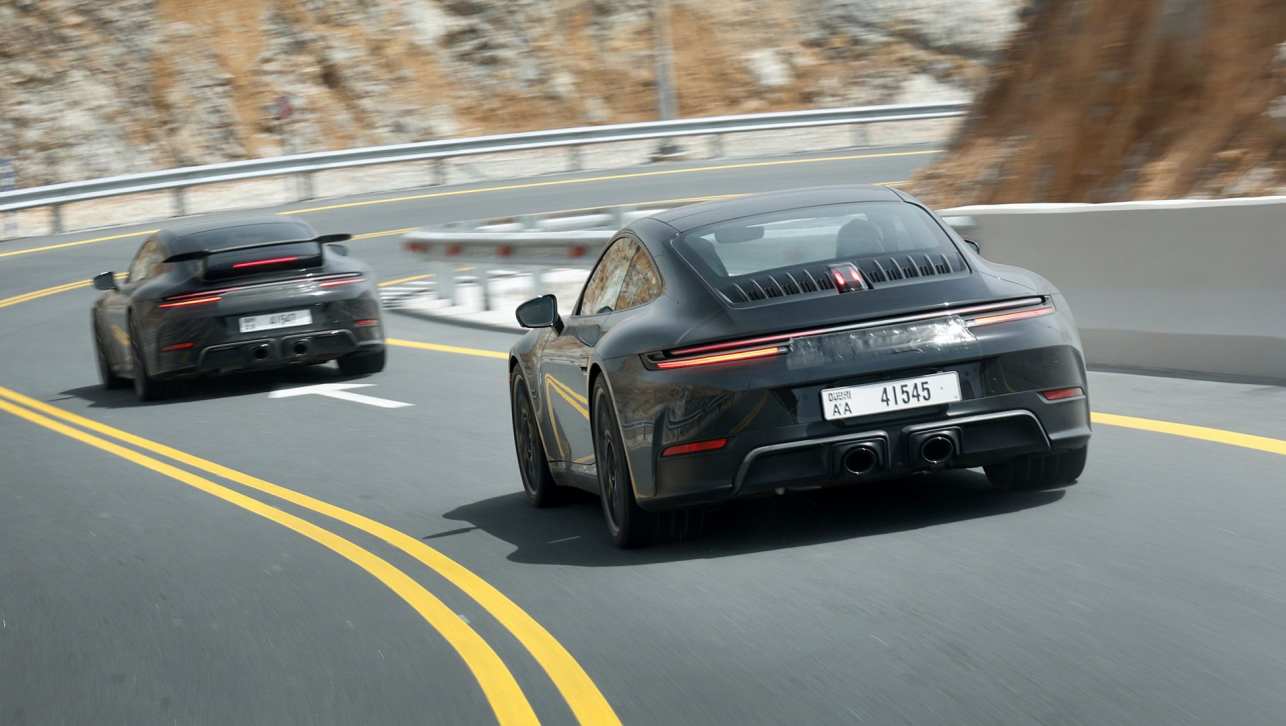
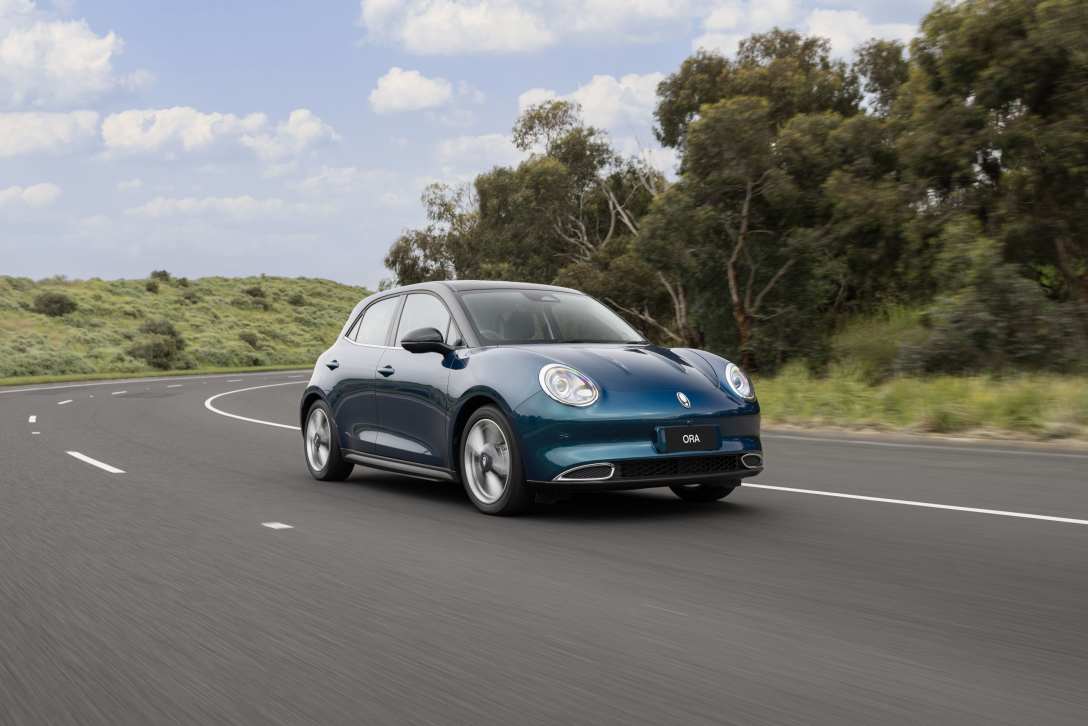

.jpg)

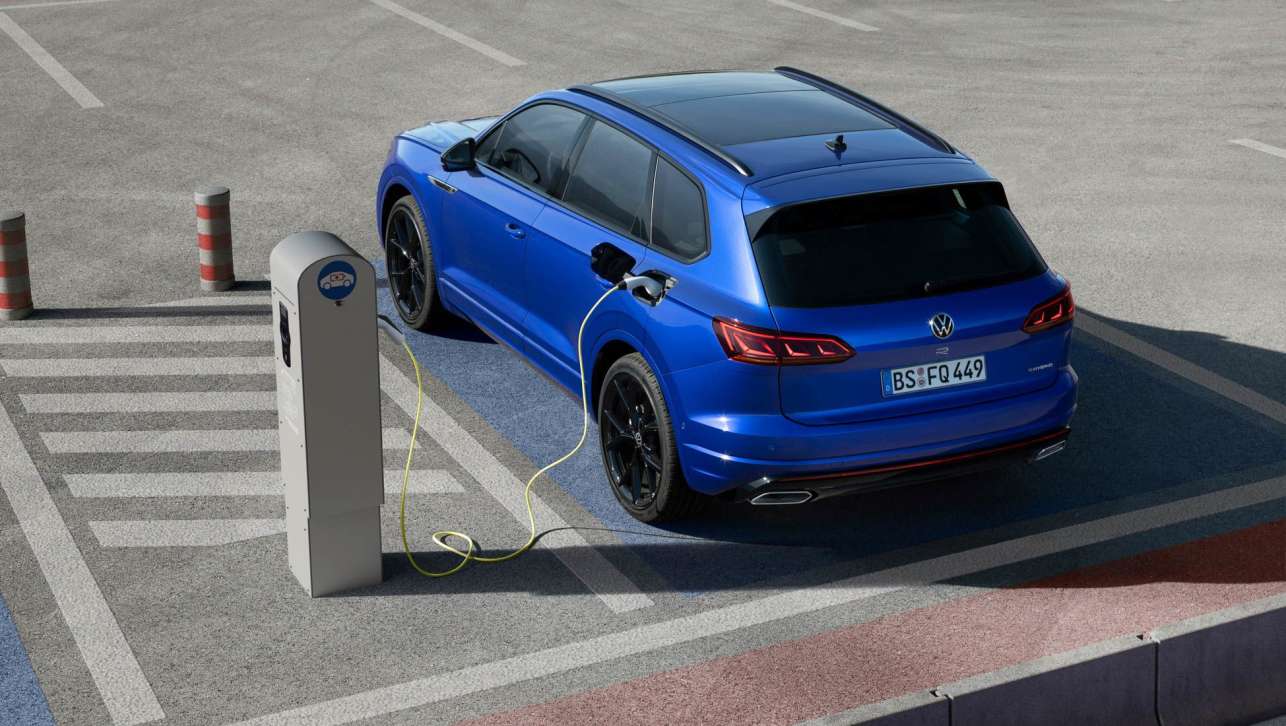
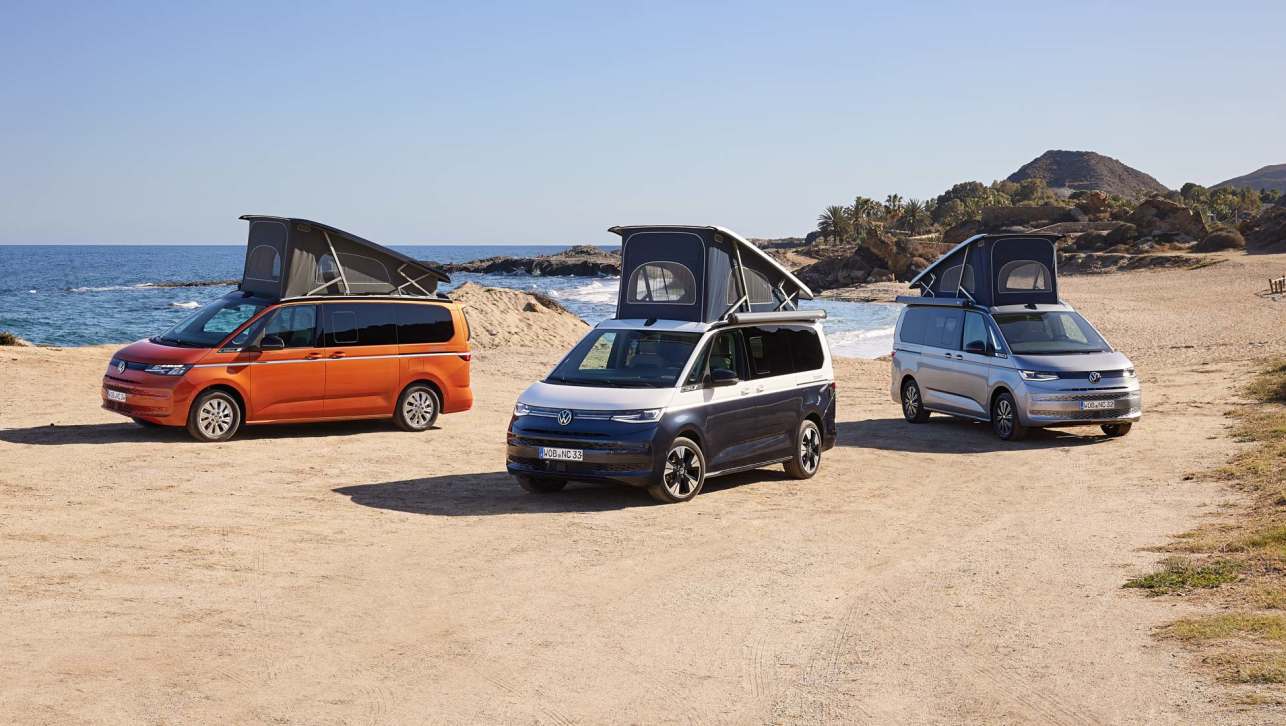

.jpg)
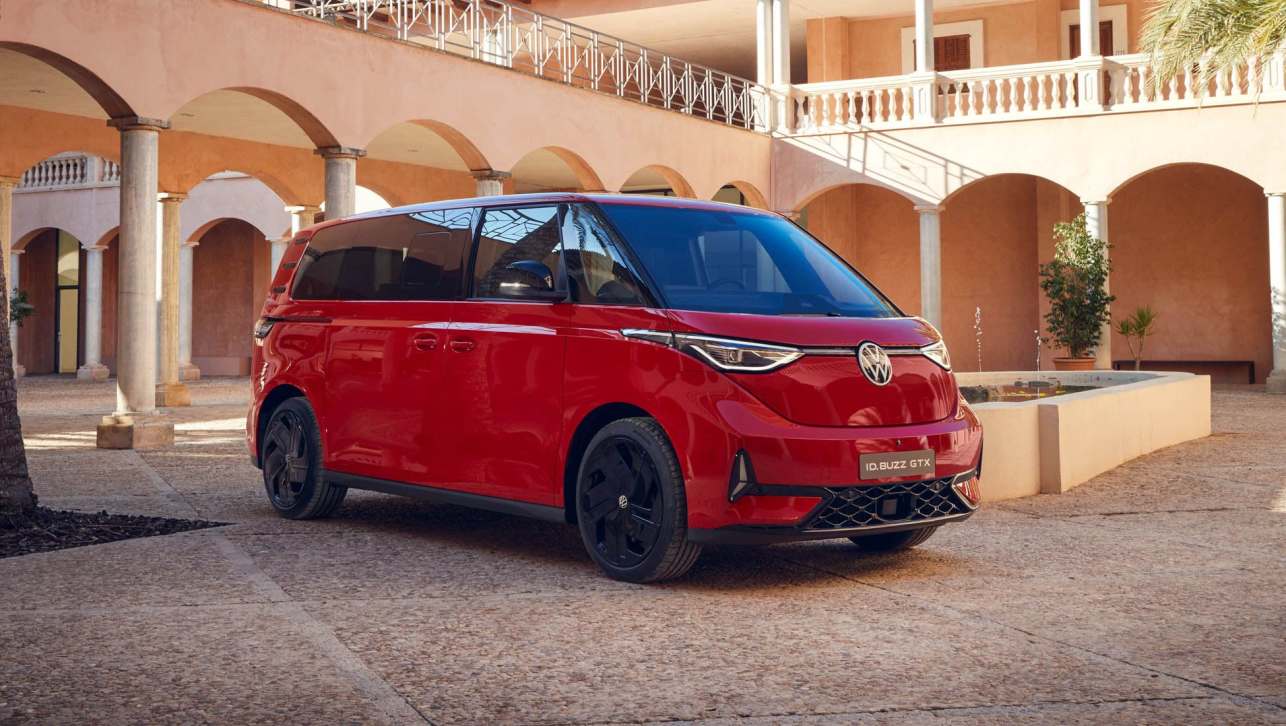

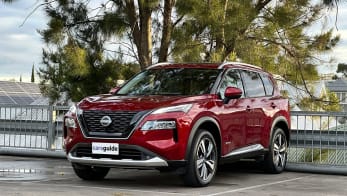
.jpg)

Comments